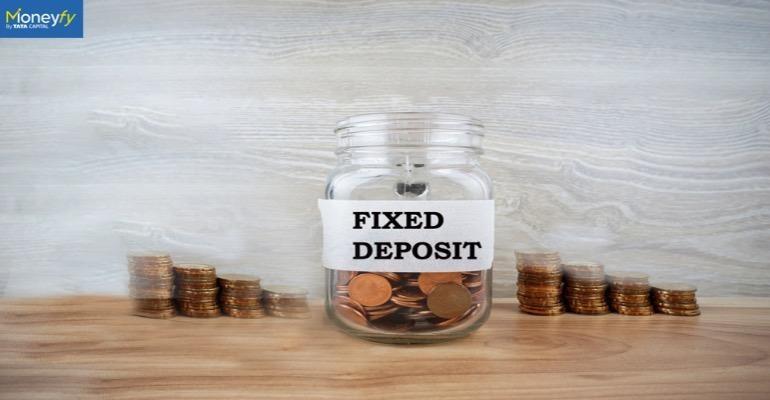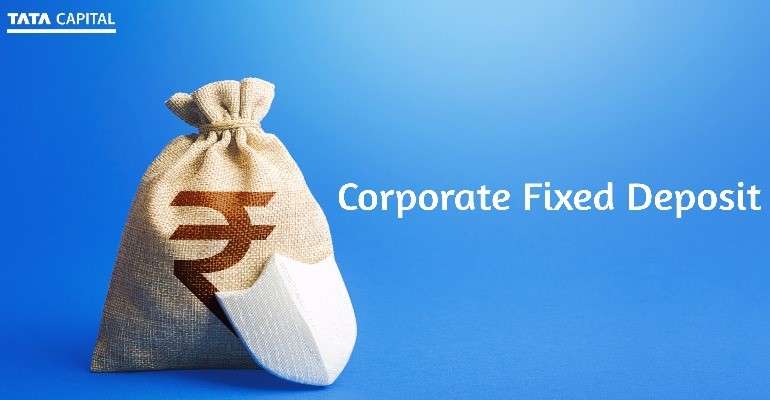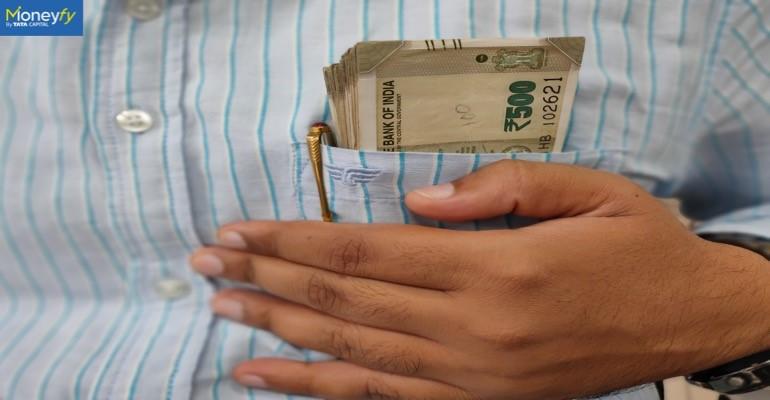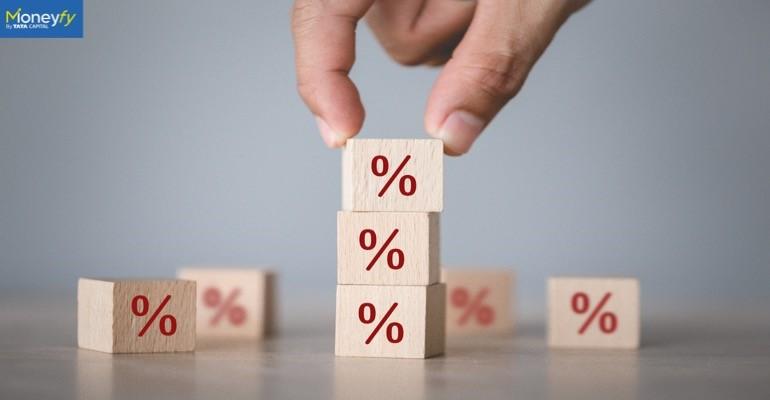This product offering is currently unavailable. We will be back soon. Till then please explore our other products.
For most Indians, their investment portfolio is incomplete without investing in a fixed deposit. Here, making an investment in a high interest fixed deposit is synonymous with steady financial growth. FDs sure help investors tide over financial uncertainty. However, in a sea of investment avenues available, why do Indians prefer parking their excess funds in FDs? Let’s find out.
The FD returns are free from any market volatility. Hence, the returns are fixed in nature. The rates of interest are determined by financial institutions and are typically higher than what you get by keeping your money in a savings bank account. You receive the interest payment on the fixed deposits at a predefined interval decided by you. This way, investors receive assured and guaranteed returns on their investments.
For instance, a post office term deposit, an FD issued by the Indian Postal Services, offers post office fixed deposit interest rates ranging anywhere from 5.5% to 6.7%. Since a post office fixed deposit is backed by the sovereign guarantee of the Government of India, they are secure investment avenues for consistent wealth creation.
The Indian financial scenario has a bevy of FD options of two kinds- cumulative and non-cumulative.
In cumulative FDs, when your funds earn interest, it’s added to the sum and reinvested, leading to incremental interest growth. Here, upon FD maturity, you receive interest income and the principal amount invested. In parallel, when it comes to non-cumulative deposits, the interest is paid out at intervals like monthly, quarterly, or annually.
Investors Park their life savings into a non-cumulative fixed deposit for senior citizens after retirement to earn a comfortable income from it. This is especially helpful to those who don’t have a fat pension or rent income to rely on.
Fixed deposits have always been a traditionally favoured investment option for senior citizens. Besides getting interest payout on a regular basis, senior citizens can also avail of an increased rate of interest. This additional interest rate can be anywhere between 0.65%- 1% depending on the financial institution.
Additional Read: Corporate Fixed Deposit Vs. Fixed Deposit – Which is Better?
Besides earning fixed deposit interest, you can also withdraw your capital investment in times of a financial crisis because FDs are a relatively liquid form of investment. The withdrawal is instantaneous, thereby allowing access to funds in case of emergencies. However, withdrawing prematurely from fixed deposits warrants penalties.
Last but not least, FDs offer flexibility in investment, suiting finance needs of all kinds. How? With an investment tenure ranging anywhere between 7 days to 10 years. Once you choose a tenure, you can use an FD calculator to determine your returns and plan your future finances accordingly.
Additional Read: Mutual Funds VS Fixed Deposit : Which One Should You Choose?
Fixed deposits are safe investment vehicles where you can park a sizeable amount of your excess savings to enjoy guaranteed wealth appreciation. Since these aren’t market-linked instruments, FDs don’t warrant the same risks like many other investment vehicles. So, if you’re looking to invest in mutual funds and FD while earning an interest income, download the Moneyfy's investment app and park your funds today.



Fd Vs Mutual Fund: Key Differences Between Mutual Fund & Fixed Deposit

Fixed Deposit(FD) Vs Public Provident Fund(PPF): Which Is Better?


What Are CFDs? How Are They Rated? Risk Vs Return Evaluation Of CFDs



FD (Fixed Deposit) vs RD (Recurring Deposit): Which Is Better?

Corporate Fixed Deposit Vs. Fixed Deposit – Which is Better?